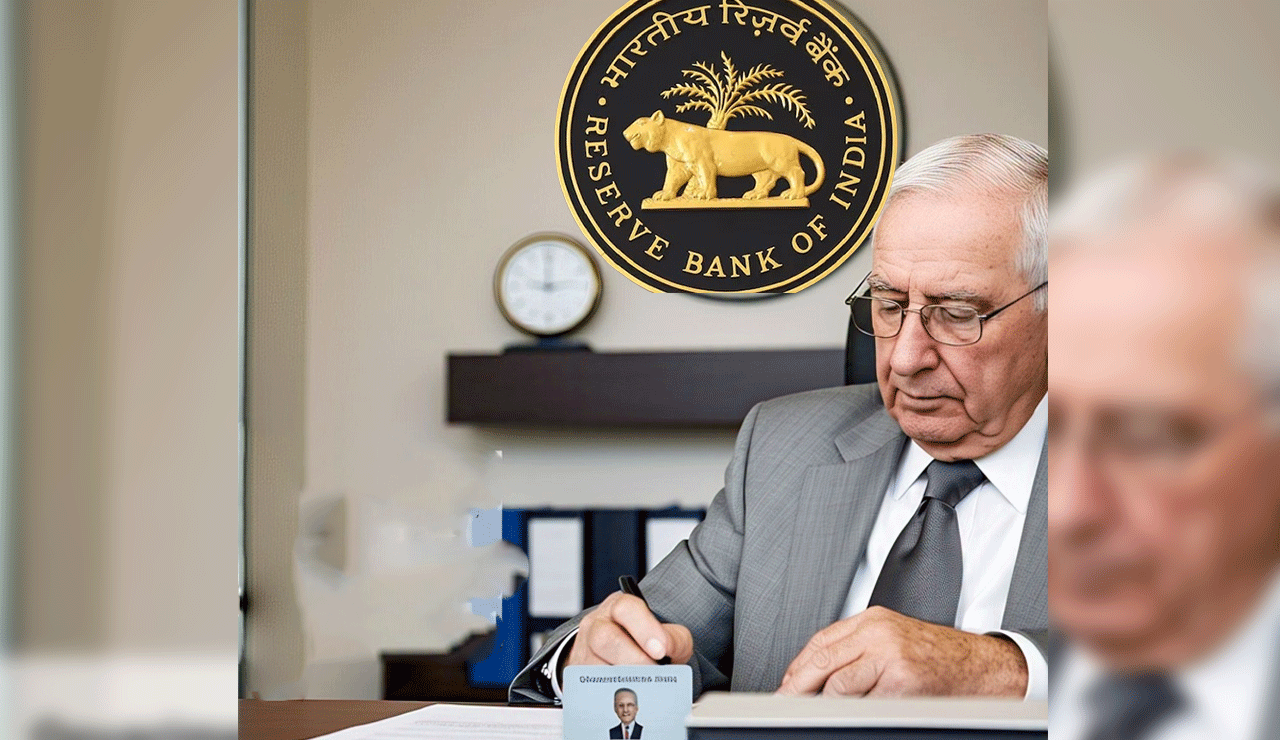
The Reserve Bank of India (RBI) has recently updated its Master Circular on the disbursement of government pensions to address several key issues concerning pension payments. These updates are crucial for both the central and state governments’ pensioners, as they impact the disbursement process, especially in cases involving pension revision, delays, or excess payments. The following key aspects of the updated guidelines focus on improving convenience, transparency, and efficiency in pension disbursement.
Table of Contents
Key Updates on Pension Disbursement Guidelines
1. Revision of Dearness Relief Rate
In case of any increase in the dearness relief rate, banks are mandated to promptly update the pension payments for government pensioners. According to the RBI guidelines, banks should ensure that their pension-disbursing branches make the necessary adjustments as soon as they receive updates through official government communications or via digital sources such as government websites or emails.
2. Life Certificate Submission Made Easier
To make the process more convenient for pensioners, the RBI has encouraged the submission of life certificates through the Jeevan Praman platform. This eliminates the need for pensioners to visit the branch physically. This facility is available to pensioners whose Pension Sanctioning Authority is also registered on the Jeevan Praman platform.
3. Special Consideration for Super Senior Citizens and Disabled Individuals
For pensioners aged over 70 or those with chronic illnesses or disabilities, banks are required to offer life certificate submissions at their residences. This initiative is particularly beneficial for those who face mobility challenges or have visual impairments.
Also Read: India-US Trade Negotiations Could Boost Stock Market Sentiment, Experts Say
4. Family Pension Payments
The RBI has provided guidance on the payment of family pensions in case of the pensioner’s death. Instead of requiring the family member to open a new account, banks are instructed to credit the family pension to the deceased pensioner’s existing account, provided the spouse mentioned in the Pension Payment Order (PPO) is alive.
5. Excess Pension Payment Recovery
In cases where excess pension payments are made due to bank errors, the RBI has directed banks to promptly return the overpaid amount to the government. If the excess payment is due to errors in pension disbursement, banks must work with the relevant Pension Sanctioning Authorities to recover the funds efficiently.
6. Acknowledgement Slips for Life Certificates
The RBI mandates that banks provide signed acknowledgements when pensioners submit life certificates. For digital submissions, a digital acknowledgement will be provided, ensuring the process is streamlined and transparent.
7. Compensation for Delayed Pension Payments
Banks are now required to automatically provide compensation for any delayed pension or arrears payments. The compensation will be calculated at a rate of 8% per annum and credited directly to the pensioner’s account without requiring any claims or applications from the pensioner.
8. Pension Payments for Sick or Disabled Pensioners
For pensioners who are sick or incapacitated and cannot visit the bank to provide their signature or mark on necessary documents, banks are authorized to have a bank official mark the withdrawal forms in the presence of two witnesses. This ensures that pensioners who cannot physically visit the branch can still access their pension funds.
The RBI’s recent updates to the pension disbursement guidelines aim to enhance the efficiency and convenience of pension payments for retired government employees. These updates not only make the process smoother for pensioners, especially senior citizens and those with disabilities, but also ensure that any issues such as delayed payments or excess disbursements are handled swiftly and transparently.
By implementing these updates, the RBI seeks to provide a hassle-free pension experience for retired government employees, ensuring that they receive timely and accurate payments as part of their retirement benefits.
